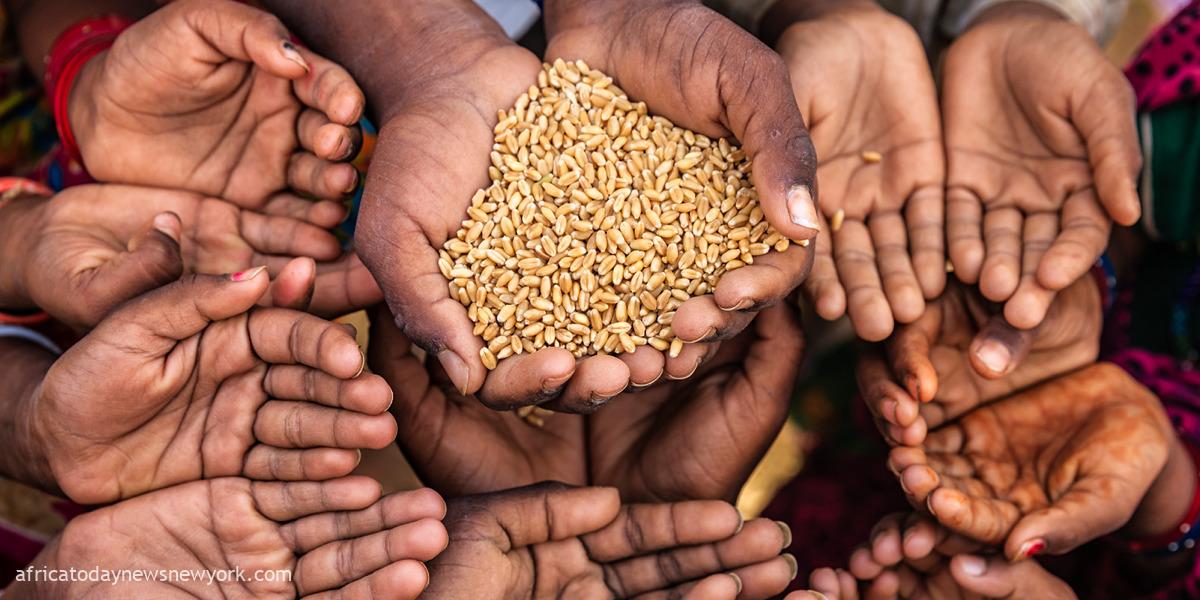It has been reported by the Food and Agriculture Organization (FAO) that approximately 2.6 million Nigerians in Borno, Sokoto, and Zamfara States, along with the FCT, may face a food crisis between June and August 2024.
This was disclosed by the FAO country representative, Dominique Kouacou, during the introduction of the October to November edition of the Cadre Harmonise food security and early warning analysis on Friday in Abuja.
Dr. Abubakar Suleiman, Assistant FAO Representative, Programme, stood in for Kouacou at the event.
The CH analysis, as reported by the News Agency of Nigeria (NAN), was conducted in 26 states and the FCT to evaluate the food security situation and offer projections for the future.
He stated that the present cycle is occurring following an unusually scarce season that experienced various disruptions, including persistent security challenges like insurgency and banditry.
Read also: NBS Reports 31% Surge In Food Prices
He pointed out further challenges, such as environmental conflicts, escalating costs of food and agricultural inputs due to high inflation, and prolonged dry spells in some states shortly after the commencement of the rainy season.
Dr. Ernest Umakhihe, the Permanent Secretary of the Ministry of Agriculture and Food Security, stated that the analysis had been carried out and confirmed by the highly proficient professionals of the CH analysis task force during the preceding two weeks.
The Director of Special Duties, Mrs. Fausat Lawal, representing the permanent secretary, emphasized that the results of the Cadre Harmonise (CH) analysis cycle were emerging at a moment when governments at all levels were diligently working to reinvigorate the nation’s economy.
He acknowledged that while the challenges were daunting, they were manageable, adding that various factors seemed to be undermining the ministry’s efforts.
‘Notable among them are the lingering negative impact of COVID-19 on the global economy and the Russia-Ukraine war, which is currently disrupting the food systems and spiking up input prices and food prices.’
‘The removal of petroleum subsidy has further heightened this pressure, resulting in food inflation and increases in the regime consumer price index,’ he said.
He highlighted that environmental and human elements, including climate change, displacements due to insecurity, and seasonal flooding, had all remained recurrent issues.
Umakhihe mentioned that the disruptions had effects on food consumption practices and the consequent widespread use of irreversible coping strategies among a considerable number of people in Nigeria.
He asserted that the ministry was determined to lead and support the CH process in Nigeria.
The permanent secretary also added that before the end of 2024, the ministry would seek to integrate all 36 resource-rich states of the country into the CH analysis.

